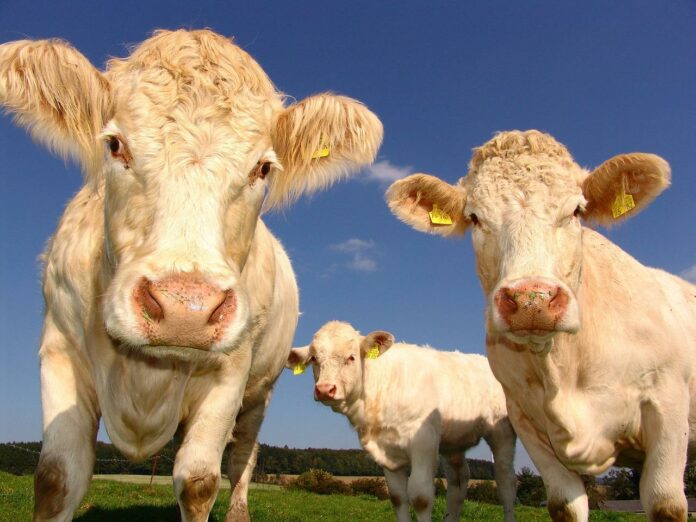As a farm owner, you might constantly wonder how to keep your farm animals healthy. The farming industry relies upon the popular quote, “Prevention is better than cure.” You get the point – the best way to ensure the health of your livestock is to prevent sickness in the first place instead of having to treat illnesses later.
Treating sick livestock is not only expensive, but it is also time-consuming. To make things easier for you, we have jotted a list of tips that will help you keep your farm animals healthy (and happy).
Read on to learn more!
Good Nutrition
Animals are similar to humans in the way that good nutrition is an absolute must to boost health and quality of life. If you look after your health, you might already focus on consuming well-balanced nutritious meals and taking daily supplements and vitamins.
You will want to follow this golden rule of good nutrition for your livestock as well. And when it comes to good nutrition for your livestock, you will also want to pay attention to its proper storage. For instance, you could opt for TTi Australia: Your Source for Molasses Tanks to store the food for your farm animals the right way.
Apart from food storage, you will want to test all feeds before feeding the livestock. To test the feeds, you will want to analyze the nutrient amounts that are in the feeds and ensure that it is according to the nutrient requirements of the animals.
The nutrient requirements do not only differ from one animal to another – but – these also differ regarding the production statuses, which include the following aspects:
- Breeding
- Pregnancy
- Milk Production
- Animal Performance
- Animal Growth
Apart from the nutrient requirements in the feeds, you will also want to focus on providing the right ratio of trace mineral mixtures that are exclusively formulated to meet the nutrient deficiencies of the respective feeds.
You get the point – if you want to look after your livestock, you will want to pay special attention to their nutrition, as the following elements rely heavily on nutrition:
- The animal’s growth rates
- The animal’s reproductive efficiency
- The animal’s immune system function
Vaccinations
We cannot stress enough the importance of selecting vaccinations exclusive to their respective operations’ needs. To maintain the well-being of all farm animals, you will want to consult a vet or someone who has prior experience with handling disease on their farms.
You will also be mindful of vaccinations to decrease the potential risks of exposing your animals to diseases. So, as a farm owner, you will want to read product labels to ensure that you are administering the appropriate vaccinations to your animals.
For the effective storage of the vaccines, you will want to check the expiration dates and discard all expired vaccines, medications, and other products. It is important to mention here that only healthy animals are supposed to get vaccinated so that their immune system can utilize their immune system to the best possible manner.


